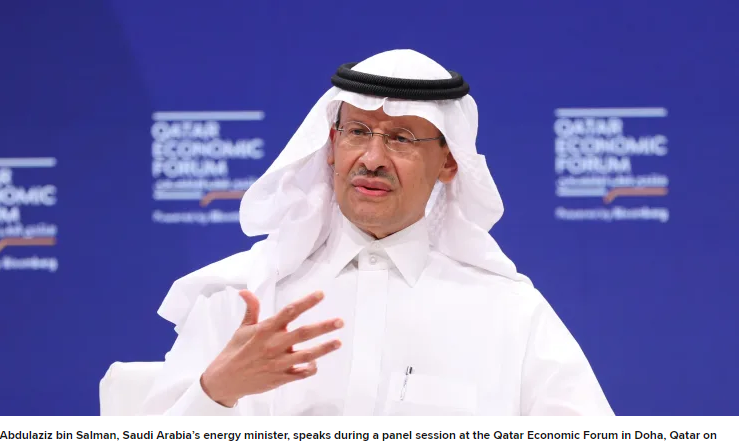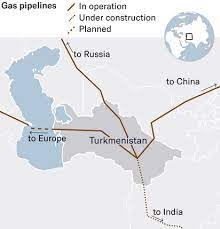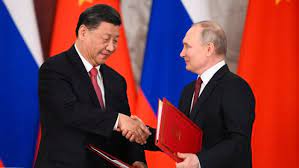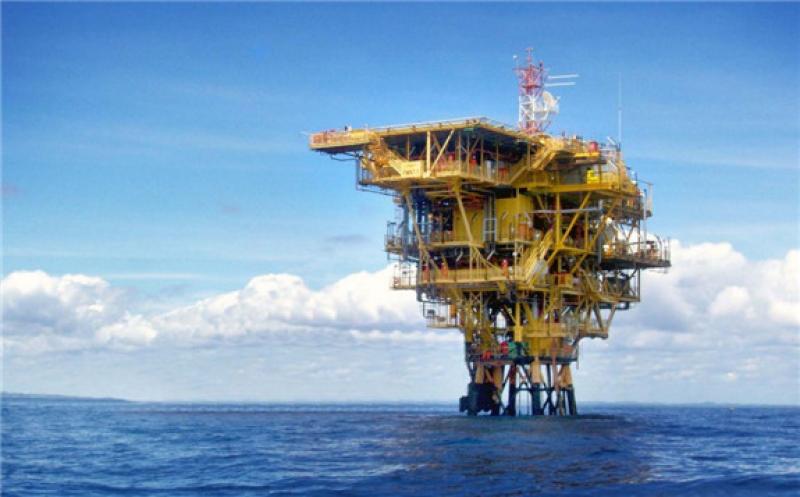Trump administration officials on Thursday recommended granting U.S. energy regulators the ability to block imports of nuclear fuel from Russia and China and detailed plans for setting up a government stockpile of uranium sourced from domestic miners.
The recommendations are meant to address growing concern in Washington that the United States has ceded its global leadership in nuclear technology in recent decades, and to boost domestic nuclear power producers and uranium miners suffering from a lack of investment.
U.S. Energy Secretary Dan Brouillette told reporters on a call that the report from the Nuclear Fuel Working Group was a “road map for what we think needs to be done to not only revitalize but re-establish American leadership in this entire industry.”
President Donald Trump created the working group last July after he rejected a request by two U.S. uranium mining companies, Energy Fuels Inc [UUUU.A] and Ur-Energy Inc, seeking quotas for domestic uranium production to protect them against foreign competition.
The report recommended enabling the Nuclear Regulatory Commission to deny imports of certain uranium supplies from Russia and China for national security purposes.
It also recommended that the Commerce Department extend the Russian Suspension Agreement, which established a maximum cap for imports of Russian uranium to 20% of the U.S. market, “to protect against future uranium dumping.” It also suggested “further lowering the cap” on Russian imports in the agreement, which expires this year.
The report mentioned TVEL, a unit of Russian state-owned Rosatom, which launched a project in 2008 to develop replacement fuel for reactors using U.S. technology abroad and in the United States. That project is on hold, but would pose a risk to the U.S. nuclear industry if revived, it said.
The report also recommended the U.S. government set up a uranium reserve allowing it to make direct purchases of uranium from domestic producers. Trump’s budget released in February proposed $1.5 billion over 10 years for the creation of a uranium reserve, but Congress has yet to act on it.
Brouillette said it was possible Trump would issue executive orders to support the findings of the report, which also sought to boost research and development of new reactor technologies, and streamline permitting for uranium mining.
America Fitzpatrick, a senior representative of The Wilderness Society environmental group, said her organization opposed efforts to bolster the U.S. nuclear industry and worried that it would increase mining near national parks.
“Enriching special interests with taxpayer resources so they can plunder national treasures like Bears Ears and the Grand Canyon will harm our land, water, and public health,” she said.
Energy Fuels Inc and Ur-Energy Inc, as well as more than two dozen western state lawmakers, have argued that U.S. nuclear generators rely too heavily on foreign suppliers, including Russia, China and Kazakhstan. Canada has also long been a top supplier of uranium to the United States.
The U.S. nuclear energy industry is suffering from high safety costs and low prices for natural gas, a competitor in generating power. Since 2013, about nine nuclear plants have closed, and eight are scheduled to close in coming years.







